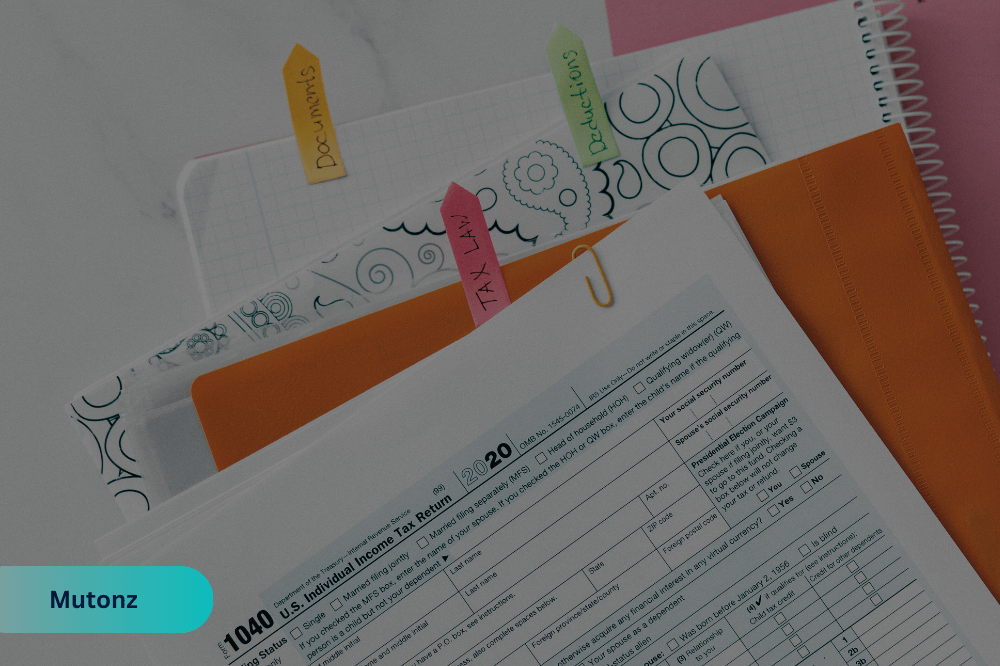Tax season often brings questions about documentation, such as: "How Long Do I Need To Keep My Old Tax Records?"
Understanding the rules and best practices can help ensure compliance and protect you in case of audits or discrepancies. So, let's explore that!
How Long Do I Need to Keep My Old Tax Records?
The Internal Revenue Service (IRS) provides guidelines on how long taxpayers should retain their records. For most people, the general rule is to keep tax records for at least three years from the date you file your tax return or the due date. This period covers the IRS’s typical period of limitations for audits.What Is the Period of Limitations?
The period of limitations refers to the time during which you can amend your tax return or the IRS can assess additional tax. This period varies depending on the circumstances:- 3 years: for most taxpayers, this is the standard retention period for records after the filing date or the original due date of the return, whichever is later.
- 6 years: if you underreported your income by more than 25%, the IRS can audit you for up to six years.
- 7 years: if you claimed a deduction for a bad debt or worthless securities, keep the supporting documents for seven years.
- Indefinitely: if you did not file a return or filed a fraudulent one, the IRS has no time limit to assess tax.
When To Keep Tax Records For Longer Than Seven Years
- Property Records: retain records related to real estate until you dispose of the property, plus three years to account for the tax consequences of the sale.
- Retirement Accounts: keep documentation of contributions and distributions until the account is fully distributed and reported on your tax returns.
- Fraudulent or Unfiled Returns: if fraud or failure to file occurs, retain records indefinitely as there is no statute of limitations.
- Business Records: businesses often face more complex rules. Key records, such as payroll and employment tax records, should be kept for at least four years after the tax is due or paid.
What Type Of Tax Records Should I Keep?
- Filed Tax Returns: retain copies of your completed tax returns for your personal records. They can be helpful in case you need to amend a return or are audited.
- Income Records: maintain documentation such as W-2 forms (for wage income), 1099 forms (for income from freelancing, investments, or other sources), and any additional paperwork related to earnings.
- Receipts for Deductions and Credits: keep receipts for expenses like charitable donations, medical costs, mortgage interest, or any other claims made on your tax return.
- Employment Tax Records: if you are self-employed or run a business, save all employment tax documentation for at least four years after the tax is either paid or becomes due, whichever is later.



 Roubo da Big Maple Leaf: Moeda de US$ 1 mi desaparece em Berlim
Roubo da Big Maple Leaf: Moeda de US$ 1 mi desaparece em Berlim  Short-term CDs vs. Long-term CDs: Which One is Better for You?
Short-term CDs vs. Long-term CDs: Which One is Better for You?  Save at the Pump with Amazon Prime’s New Gas Discount
Save at the Pump with Amazon Prime’s New Gas Discount